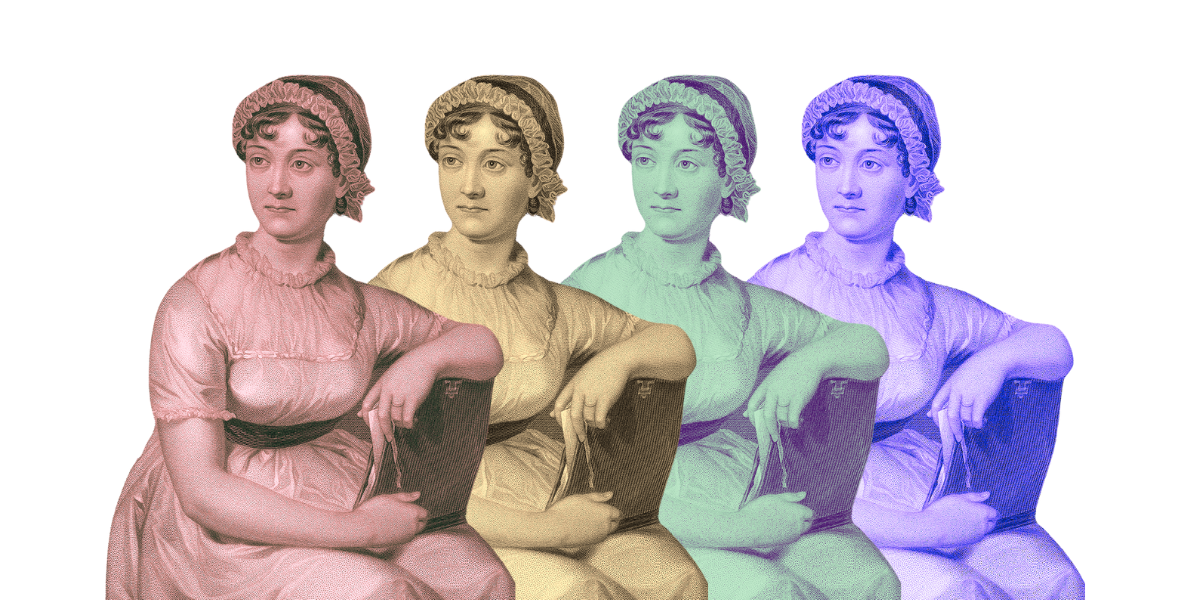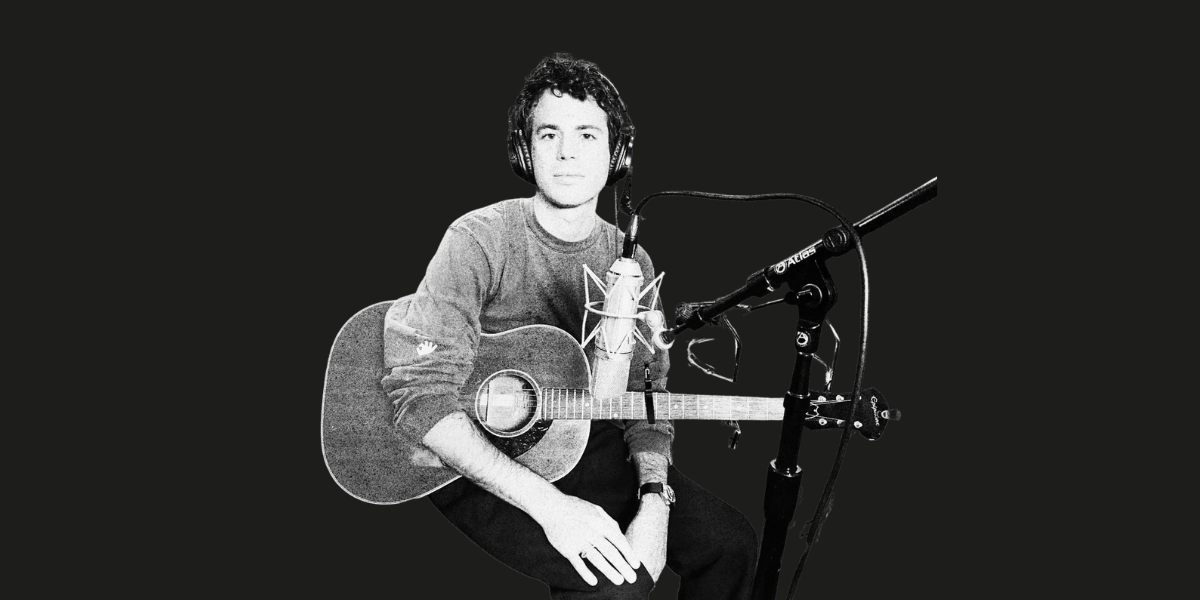Today, we're speaking with Martin (Marty) Shannon, author of the new book "The Last Sunrise". This interview was conducted via email and minimally edited for clarity or brevity.
Hey Marty, it's nice to talk with you again. For our readers, let's start at the beginning. When did you realize you wanted to be a writer and how did you get into it?
Tell us about your writing setup. Where do you write?
We've talked before so I know the answer to this question, but how often do you write?
There’s an old quote, I think it was Bradbury who said it, but I’m not sure. I’m probably butchering it here, but it goes something like this:
“I only write when I’m inspired. I just make damn sure I’m inspired every day at nine am.”
That’s pretty much how I live. I’m a huge fan of daily writing. I’m up before dawn every day, sitting at the viking desk and punching out words (1500-3000) before the sun peeks over the horizon. Do I always love it? No. Do I always produce perfect prose? Hardly. But do I always have something when I’m done? Yes. You can’t revise what you don’t have. Having something, even something that isn’t your best work, is always worth more than the promise of future writing, no matter how well-intentioned.
That’s the process I used to write a million words during the pandemic.
How long on average does it take you to write a book?
Good question, that sort of depends on what sort of book I’m doing. Some of my books are more serialized fiction, which has a tendency to go on a lot longer than any normal novel. Still, I would say most of my novels (70k words or so) are done within a month. That’s the initial draft and first pass of revisions. I tend to like to stick them in the virtual drawer after that and then come back to them later, maybe the following month, with fresh eyes and fix up whatever is left before sending them off to the proofreader.
You mentioned that you drafted over one million words during the pandemic. First, congratulations and way to find a silver lining during quarantine. But second, how did you do that?
It’s not easy to break a million words, but there’s a process to it for sure. Prior to discovering the Freewrite, I was a big proponent of word processors. First, having no distractions is key. Second, the “write forward” architecture is very important to staying on track. See, as an author, we’re also editors at heart. We have these little voices in our head that are always reading the prior few lines, and offering to tweak them. They say such helpful things:
“Hmm, that’s not very good.”
“You should delete that before someone sees it.”
“Gah! You didn’t just write that, did you?”
You’ll find you can produce a lot of words when all you have is a backspace key. Yes, it takes a while to train your brain (and your fingers) but with consistent practice, you’ll get there. I have yet to meet a single writer I’ve taken down this process who hasn’t come away with far higher daily word counts.
And that’s what matters when it comes to making books. You’ve got to have words.
Haha, well put. So, tell us about your new book! What’s the story?
My latest book, The Last Sunrise, was written during the million word pandemic and is a thrilling, revenge-fueled vampire story. It’s a gritty and violent narrative that takes the reader inside the mind of Mallory Evers, recently turned vampire and unreliable narrator. You’ll find yourself rooting both for and against her throughout this twisty tale. It takes place in the backwoods of Florida, with scrub pines and saw palmetto, a place both unique and very much hostile to creatures of the night.
What themes are you exploring in the work?
Mallory is an unreliable narrator. Her memories aren’t what she thinks they are. My goal in using that structure was to expose the reader to the many shades of gray that represent humanity. I wanted to dig into the troubling veins of hate and anger, however well-intentioned, as well as the self-perpetuating nature of those emotions. In fact, I’ve been exploring these themes with a number of my recent books. That’s sort of what authors tend to do, we see something in the human experience that we don’t quite understand, then we throw ourselves headlong into it, and just like Mallory, sometimes we come out a little bloodied for the effort.
I know you’ve jumped feet-first into the Kindle Vella world. What do you like about the space and how are you adjusting your writing or process to it?
How do you stay connected to the writing community?
I can’t say I’m great with social media, but I’ve got a wonderful group of people I’ve met through #WritingCommunity on Twitter. It’s a nice little bubble of highly motivated crazies that get up early and put fingers to keys. Well worth checking out if you are getting into all of this. If you do, please drop me a line and say hello! @talesofweirdfl.
Besides your own work, who would you love to shoutout?
I can’t drop off without mentioning my friend Devin McCamey. Devin runs a horror short/serial podcast with amazing voice actors and very interesting content. Mortis Maledictum is his baby and I’m immensely pleased to say I got a chance to write an episode for it last year. It was uniquely satisfying to hear actors play out my short story. I give him grief for all this audio stuff, but it’s good-natured and comes from a deep seated place of jealousy. I am nothing but humbled by people who can take written words and turn them into living, breathing dramas. Be sure to check it out wherever you get your podcasts.
Thank you, Marty. Always a pleasure to talk with you.
Certainly! Thank you for reaching out and for taking the time to speak with me. I love where you guys are headed and cannot wait to see what comes next.
More about Martin Shannon (martin-shannon.com)
Martin (“Marty”) Shannon is a multi-million word author of thrilling horror and speculative fiction. He makes his home with his loving family in the creepy part of our nation’s weirdest state, where he remains a lover of all things dark and spooky.
Marty does his best writing in the pre-dawn hours, when it’s just him and Jack, his golden retriever whose intestinal clock plays an important role in *why* Marty’s up before the sun.
Marty loves to write fast-paced fiction, stories that make you want to stay up far too late to find out the answer to that most compelling of questions:
“And *then* what happened?”
You can find Marty on Twitter @talesofweirdfl as well as hanging out on his back porch, banjo in one hand and word processor in the other.
The Last Sunrise, available on Amazon now.































